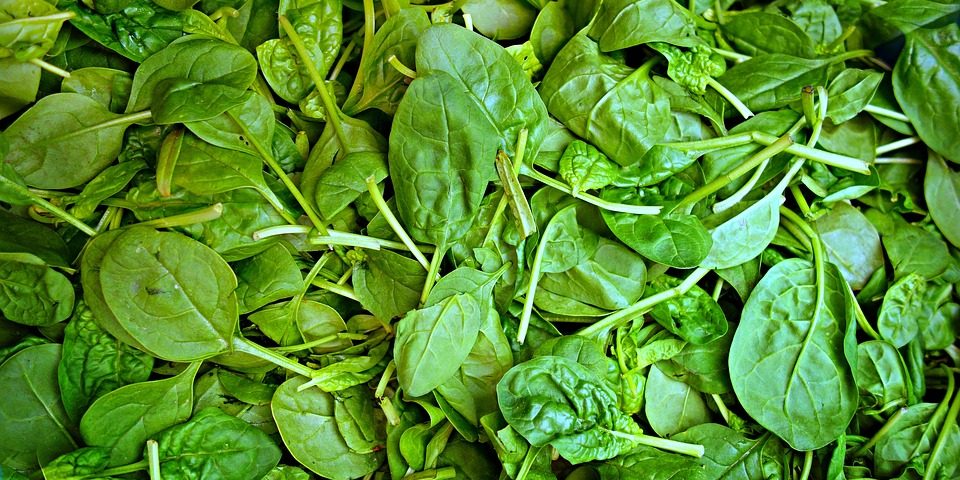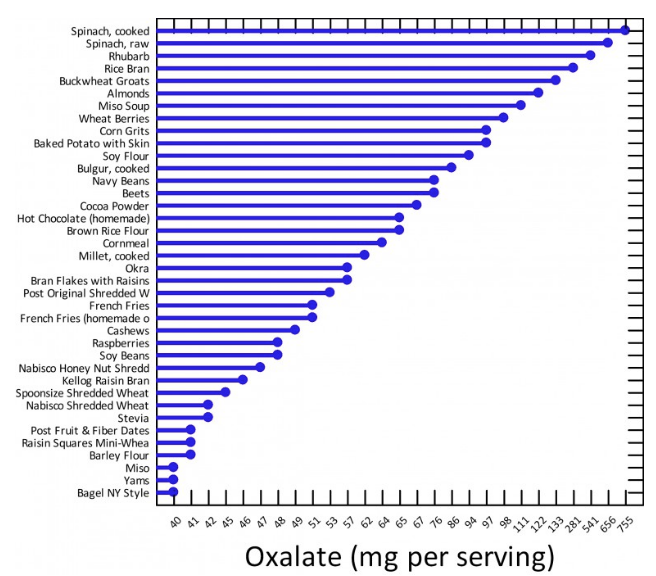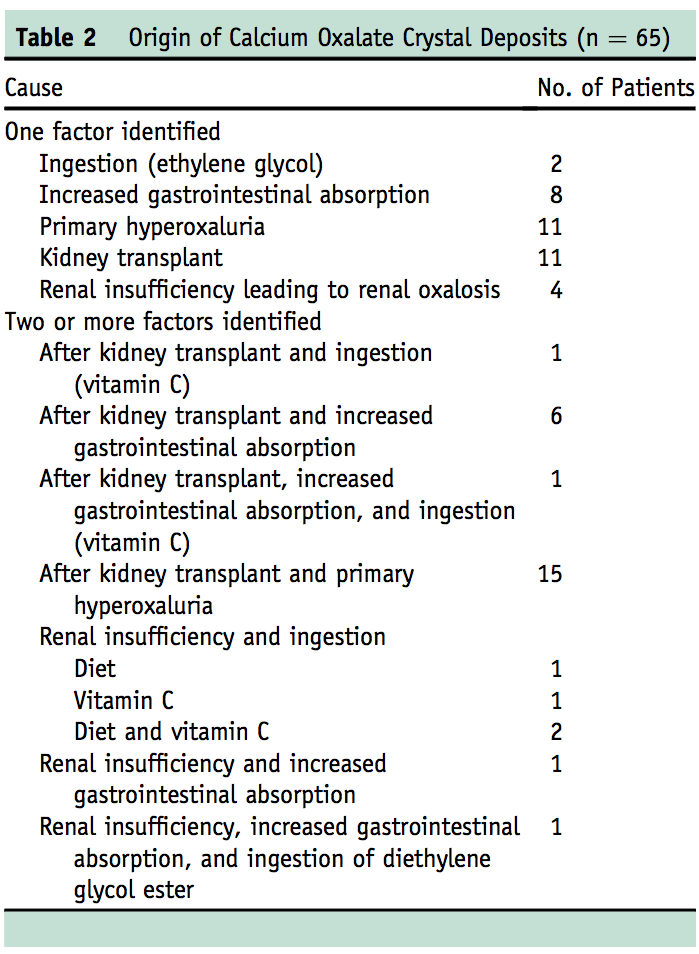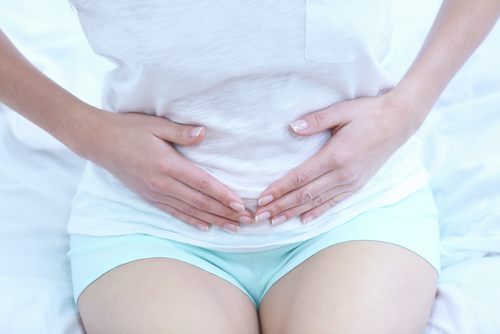I have seen plenty of quotes discussing other health issues related to oxalates, but what do they mean and how much can we really take away from them?
One quote, in particular, suggested that oxalate accumulation has been associated with:
- Chronic pain
- Kidney stones
- Neurological symptoms
- Vulvar pain
- Fibromyalgia pain
In all the foods mentioned in this study, such as spinach, chard, dandelion greens, beets, collard greens, berries, broccoli, cabbage, and carrots, only two of the foods on the list contain bioavailable oxalate – spinach and beets.
Yes, they can accumulate and result in inflammation, but that is only in the case of oxaluria (which is a complication of a rare disease, like we discussed before).
Do Dietary Oxalates Cause Neurological Symptoms Or Fibromyalgia?
Honestly, there is no scientific literature currently out there which proves that claim.
Do Dietary Oxalates Cause Vulvodynia?
There was a case report in 1991 which profiled a woman who was suffering from an unexplained vaginal pain for a period of about four years13.
She was dealing with severe pain, and was found to have high levels of urinary oxalate. From there, a link was formed.
From there, the doctor prescribed calcium citrate to help this woman, and she seemed to do much better. Since then, multiple studies have been done analyzing the proposed relationship between dietary oxalates and vulvodynia.
One of these studies, which showed that 10% of participants on a low oxalate diet had less pain on intercourse, but the researchers concluded that oxalates were not a factor14.
How did researchers come to this conclusion? There are two main reasons:
- The amount of urinary oxalate excreted by those with vulvodynia was the same as a similar group of women without vulvodynia.
- The response rate of 10% to a low-oxalate diet is as low or lower than typical placebo response rates to vulvodynia treatments. One recent study on a topical treatment showed that a placebo worked 8-20% of the time.
- Another study, involving low-level laser therapy for vulvodynia showed a placebo response rate of 44%15.
Going even further, another paper in 2008 found that there truly was no association between vulvodynia and urinary oxalate. This is now reflected in current treatment guidelines, as well16.
Do Genes Predict Adverse Reactions To Oxalates?
There has been one gene identified, which everyone has, but in different variants.
People that form kidney stones more easily have variants of this gene which are more common.
So far, though, no scientists have said whether or not people who do not have kidney stones have that variant more commonly or less commonly17.


















